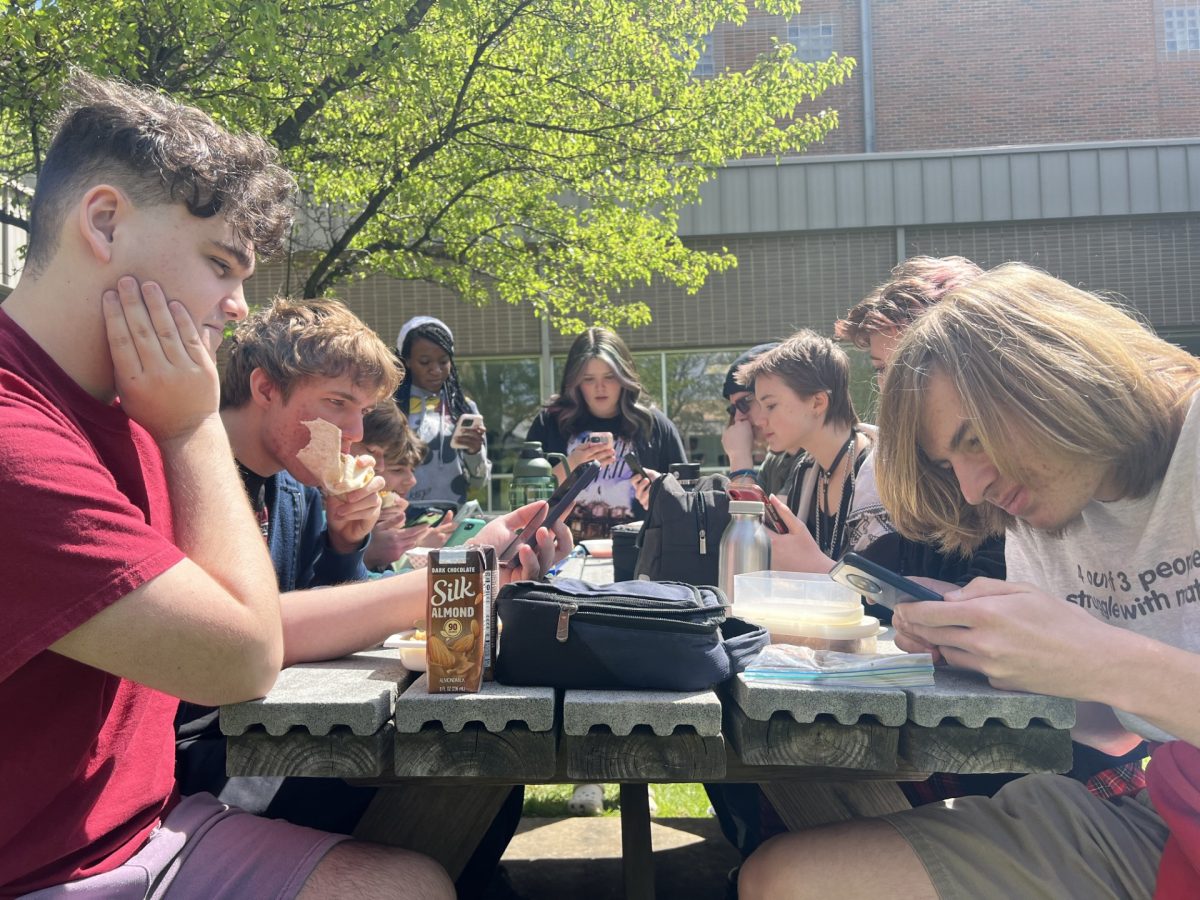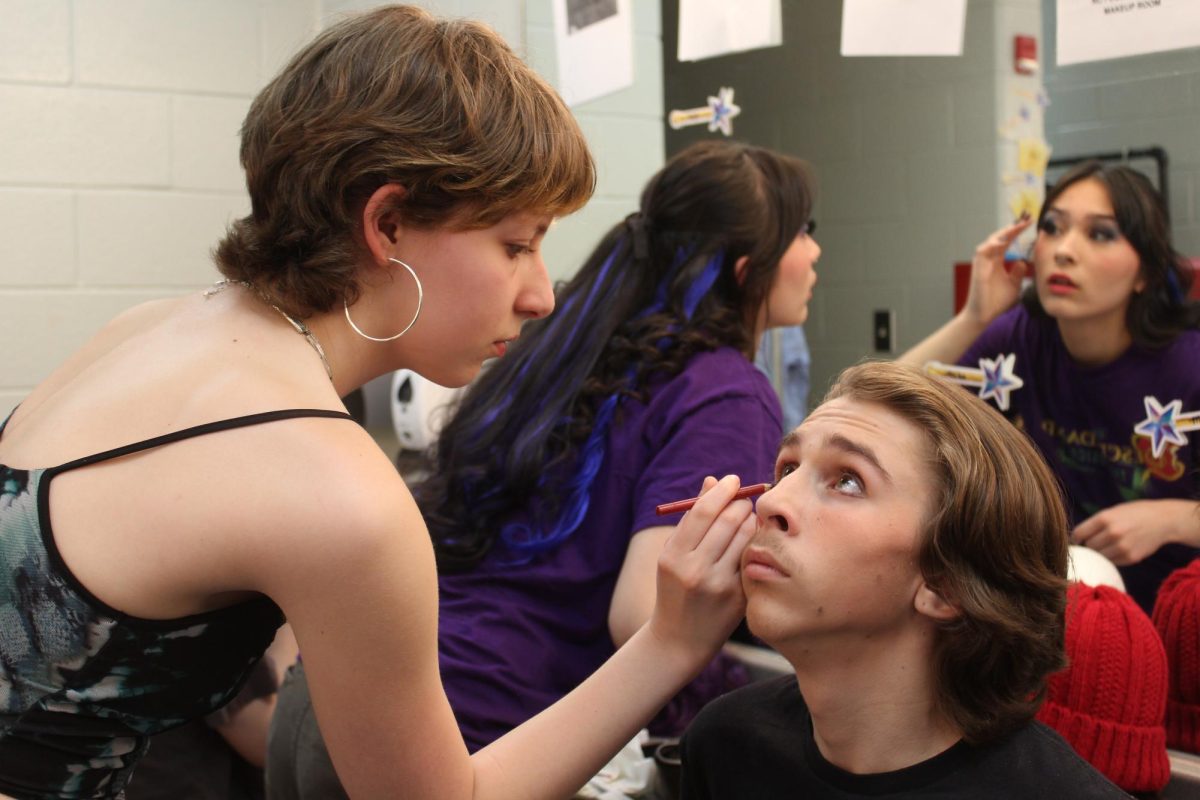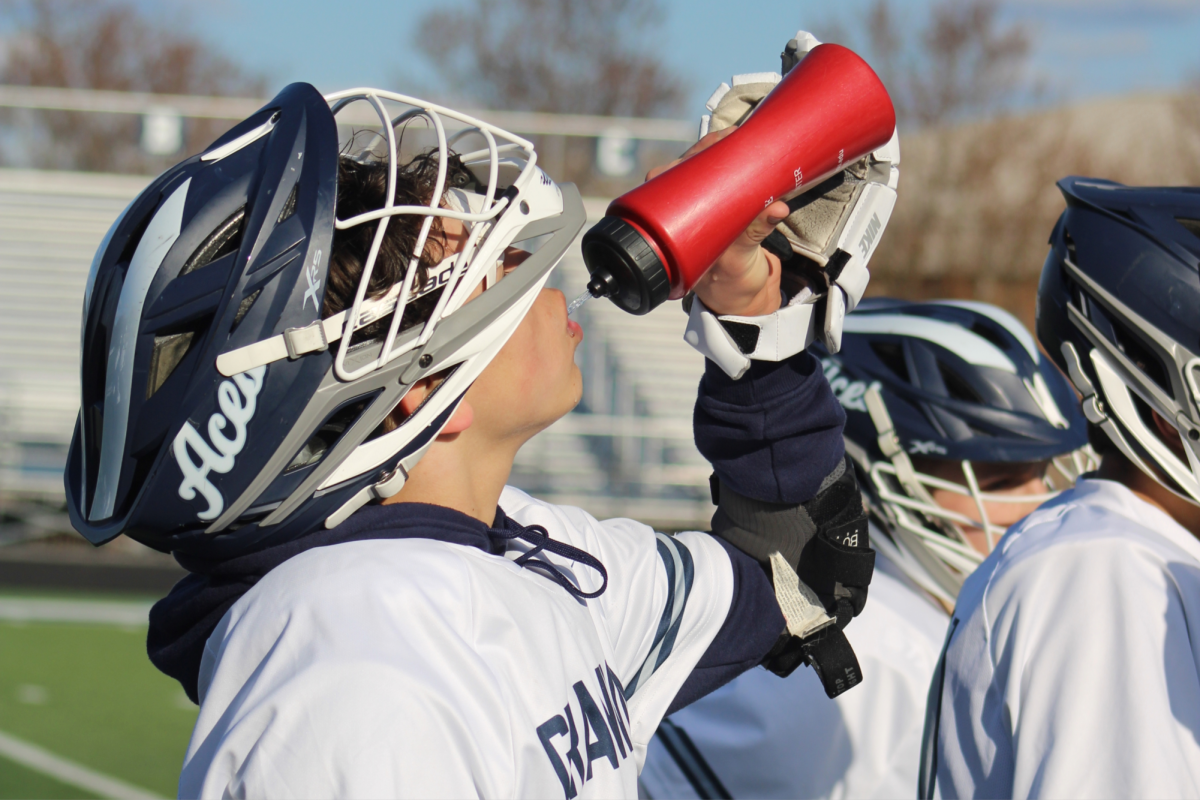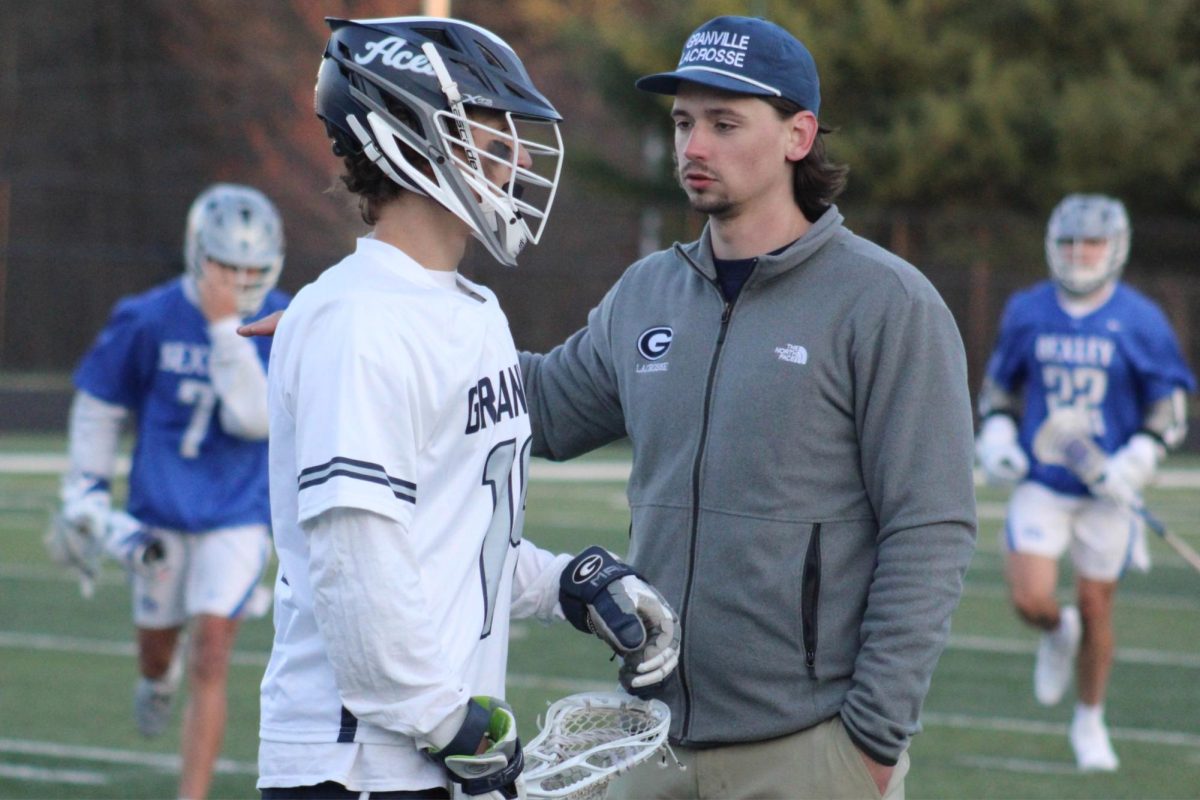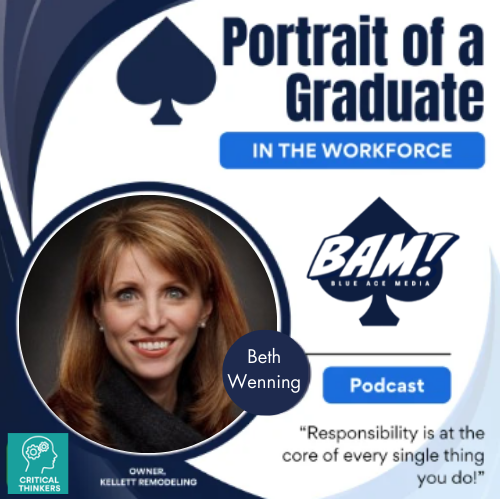How to deal with big changes (from a senior)
May 15, 2021
One day, a senior’s life gets turned entirely upside down with little familial support. This is the reality for most incoming college freshmen. Friends, family and the environment that we build are immeasurably important to the way we live our lives. Having that support system of constants in our lives is oftentimes our only motivation when motivation at our lows.
How can a senior prepare to virtually lose it all? Moving away from home is a massive adjustment for incoming college freshmen, which comes with pros, cons and emotional battles, much like any other sizable shift in one’s daily routine.
Consistently, the idea of unbounded independence is like a shining beacon of hope for most seniors, especially after being isolated and socially starved for an entire year.
“I look forward to making more decisions for myself and branching out and challenging myself more,” senior Megan Mazik said.
Other seniors look forward to new experiences.
“I’m kind of thinking of going away as a new adventure, and I’d love to explore new things and meet new people. . . I get to make new decisions for myself without feeling the need to hide away,” senior Isabella Korzenok stated. Without the judgement of others, seniors look forward to the freedom of making decisions based on their own needs and desires.
The thought of new experiences is refreshing and overwhelmingly optimistic, but the seniors had a few things to remark about the negative side of this issue as well. The incredible feeling of loss is difficult to avoid during this transition.
“I’ll miss the sense of familiarity and my routine. . .along with seeing my friends often,” Megan said.
She also states that she believes that this will ultimately be beneficial in working toward her future.
“I know I’ll miss being able to see my close friends and family (especially my dogs). Adjusting to a new area will definitely be hard at first, but I think it adds to the excitement,” Isabella said.
Seniors’ youthful optimism shines on even some of the negative aspects of moving away, but found the response of a school counselor to be different.
“Adjustments in housing policies, food and meal plan regulations, virtual lectures and the absence of outside group work are all things that current college students are adjusting to and it appears as though some of these things will remain intact for students transitioning to college next year,” stated GHS counselor Cody Masters when asked about how Covid will effect incoming freshmen.
“Many students are electing to either take a “gap” year or attend a local community college until the pandemic subsides,” he adds. He also touches on the fact that the future is hard to predict and that much of this is subject to change.
Historically, the daily struggles of freshmen remain fairly consistent.
“One of the biggest struggles/adjustments for students transitioning to a college environment is time management. Many college courses do not meet daily and are often spaced throughout the day, so it is critical that students manage their time efficiently and consistently. Students are quickly required to develop a sense of independence and responsibility as parents are no longer there to assist with everyday situations,” Masters said.
“Do not get too comfortable with the amount of ‘downtime’ your new schedule will allow for; try to develop a routine that will maximize your efficiency. Lastly, go to class! Many students skip class because they feel as though they can catch up or they know the material. My brother once told me, ‘If our parents can get up everyday and go to work, then you surely can get up and go to class, it’s way easier than what they have to do each day,’” Master said.
Masters’ words come from experience, which seniors would benefit from if they paid attention. His answers highlight some of the common negative aspects of adjusting to college that are often unexpected.
Outside sources are a treasure trove when coming up with helpful ways to deal with these potential struggles with change.
According to Kathleen Smith, PhD of Psycom, people can help themselves deal with change and become resilient by evaluating their level of control in the situation, practicing self-care, checking one’s thought patterns, being in the present and finding priorities. To be appropriately prepared, a student must find a happy medium between unyielding optimism and realistic expectations. The student may be optimistic, but be informed and have the tools to deal with the difficult times, if they do arise.
U.S.News suggests ways that students can prepare for college specifically. They suggest to be ready before classes start. This means researching academic support and developing strong interpersonal skills. They also suggest being prepared for more online classes and to research the area surrounding the college as much as possible.
Overall, the incoming freshman experience is what the student makes it. The best way to prepare is to inform oneself about challenges they may face and practice self-care to combat stressful situations. It’s important to be as informed as possible to avoid being surprised when pivotal changes or situations arise because after all, it isn’t the change itself which defines someone, but the way that someone deals with change which defines them.












